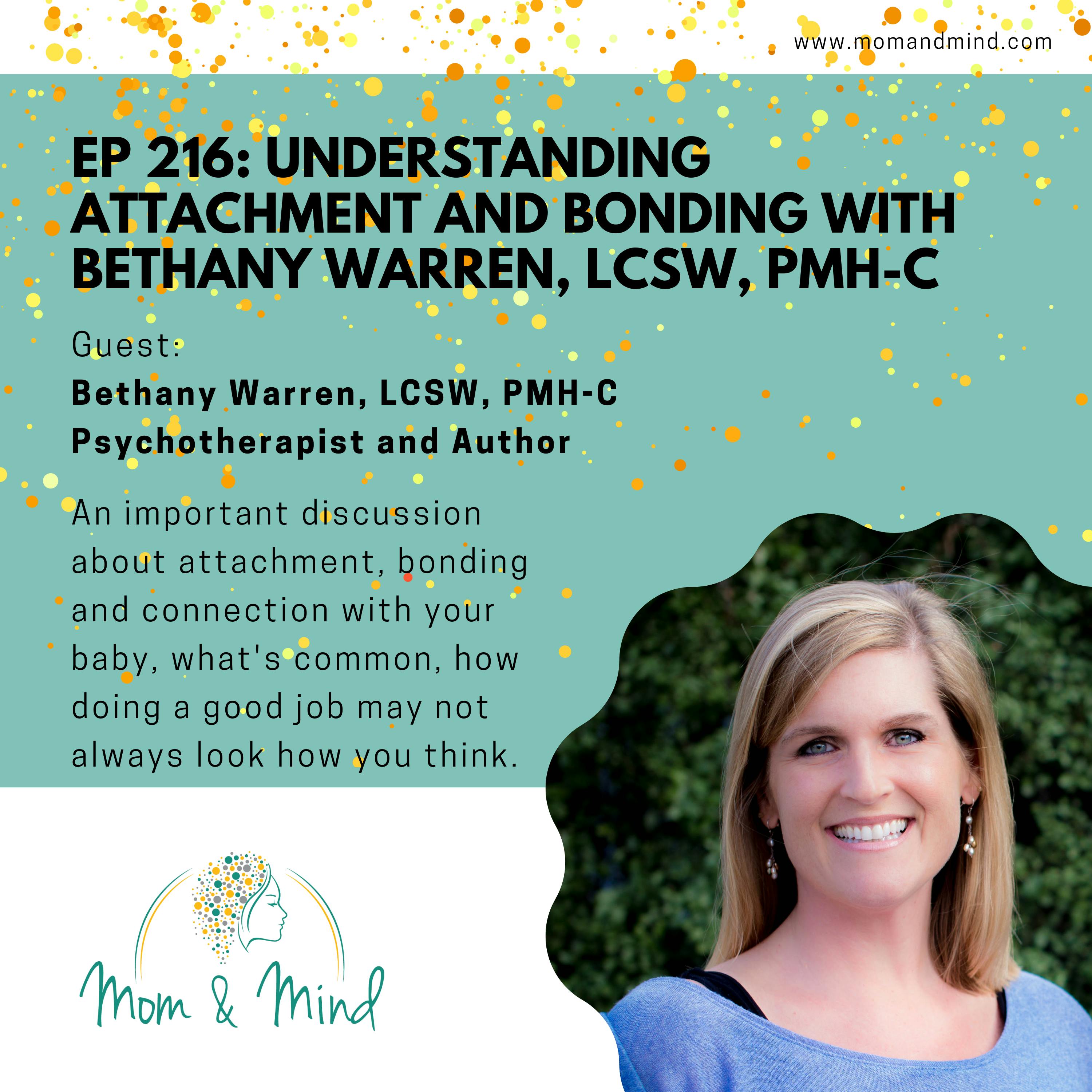- Health
- SEE MORE
- classical
- general
- talk
- News
- Family
- Bürgerfunk
- pop
- Islam
- soul
- jazz
- Comedy
- humor
- wissenschaft
- opera
- baroque
- gesellschaft
- theater
- Local
- alternative
- electro
- rock
- rap
- lifestyle
- Music
- como
- RNE
- ballads
- greek
- Buddhism
- deportes
- christian
- Technology
- piano
- djs
- Dance
- dutch
- flamenco
- social
- hope
- christian rock
- academia
- afrique
- Business
- musique
- ελληνική-μουσική
- religion
- World radio
- Zarzuela
- travel
- World
- NFL
- media
- Art
- public
- Sports
- Gospel
- st.
- baptist
- Leisure
- Kids & Family
- musical
- club
- Culture
- Health & Fitness
- True Crime
- Fiction
- children
- Society & Culture
- TV & Film
- gold
- kunst
- música
- gay
- Natural
- a
- francais
- bach
- economics
- kultur
- evangelical
- tech
- Opinion
- Government
- gaming
- College
- technik
- History
- Jesus
- radio
- movies
- services
- Church
- podcast
- Education
- international
- Transportation
- Other
- kids
- podcasts
- philadelphia
- Noticias
- love
- sport
- Salud
- film
- and
- 4chan
- Disco
- Stories
- fashion
- Arts
- interviews
- hardstyle
- entertainment
- humour
- medieval
- literature
- alma
- Cultura
- video
- TV
- Science
- en
216: Understanding Attachment and Bonding with Bethany Warren, LCSW, PMH-C

Today\u2019s show focuses on attachment and bonding. Some parents feel immediate love and connection with their new baby, but for many, they struggle to achieve a \u201cnormal\u201d bond. The good news is that there are specific steps parents can take to understand the basics of attachment and bonding. Join us to learn more!\nBeth Warren is a psychotherapist in private practice in San Diego, California. She has a passion for reproductive mental health and has worked in this field for over 20 years. Beth is certified in EMDR therapy and Perinatal Mental Health, specializing in perinatal mood and anxiety disorders, birth trauma, pregnancy loss, and infertility. She has worked in both hospital and outpatient psychiatric settings and has led postpartum support groups for new mothers. She is a current member and previously served as the President of the Board of the Postpartum Health Alliance, a nonprofit organization in San Diego dedicated to promoting awareness of Perinatal Mental Health. In addition to working as a therapist and EMDR consultant, she facilitates trainings and is a regular speaker, lecturer, podcast/radio guest. She has written a newly released book called The Pregnancy and Postpartum Mood Workbook, which helps new parents navigate their emotions and build skills towards mental wellness through their journey of parenthood.\xa0\nShow Highlights:\n\nThe fundamental basics of bonding and attachment\n\nHow bonding includes feelings of warmth, connection, protection, and responsibility that unfold over time\n\nHow traumatic births can delay feelings of bonding and attachment\n\nHow a disruption in attachment from your childhood can play out to delay bonding with your own child\n\nHow an anxious parent can have an effect on how that child grows up and then parents their own child\u2014and why they might want to parent differently\n\nHow culture and community can play into parenting because of our experiences in life\n\nWhy parents have to heal themselves in order to be good parents and break multi-generational patterns\n\nHow perinatal mood and anxiety disorders can cause delayed bonding, but the good news is that parents can keep working on it\n\nHow the feedback loop happens as a new baby grows and develops to interact with his parents\n\nWhy mirror neurons are vitally important for babies to learn from their parents\n\nHow therapy can help parents learn what they are doing well even when they don\u2019t feel the bonding with their baby that they want\n\nHow Beth works with parents to help them think about what their baby \u201cwould thank them for today\u201d\n\nHow words of affirmation and encouragement can make all the difference for an anxious mom\n\nBeth\u2019s advice for parents to promote bonding and attachment:\n\nTalk to your baby during every chance for interaction.\n\nAdd singing and other motions with eye contact to help them imitate you.\n\n\u201cWear\u201d your baby in a sling to keep them close to you and practice skin-to-skin touch when possible.\xa0\n\nWhy some parents have the distorted belief that their baby doesn\u2019t like them or they are a bad parent when they don\u2019t understand how bonding unfolds over time\n\nHow positive quiet-time intervention can help the struggling parent\n\nHow Beth\u2019s new book, The Pregnancy and Postpartum Mood Workbook, has suggested bonding and attachment exercises\n\nResources:\nBethany Warren LCSW\xa0\xa0\nFind Beth on Instagram.\nThe Pregnancy and Postpartum Mood Workbook: The Guide to Surviving Your Emotions When Having a Baby by Bethany Warren and Beth Creager Berger